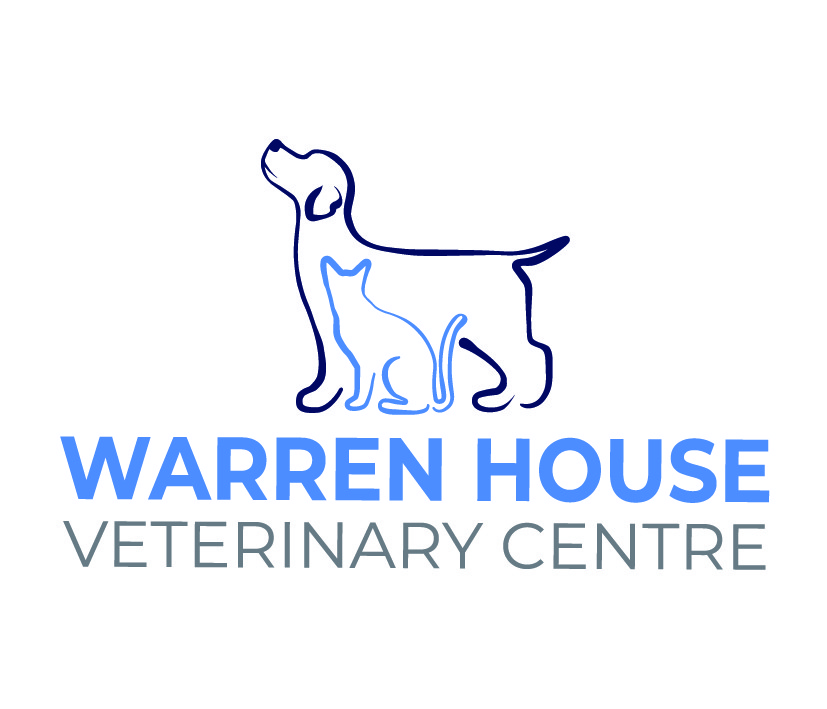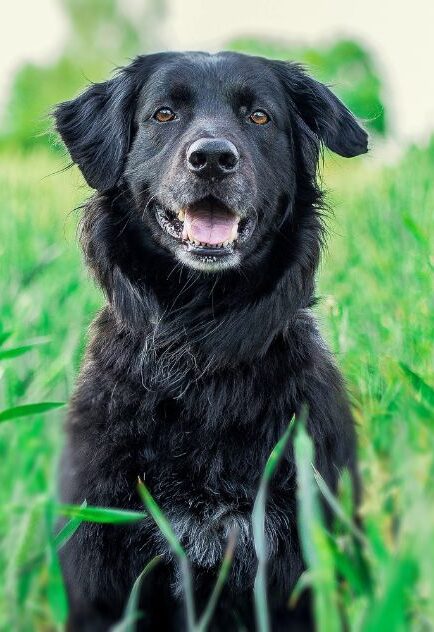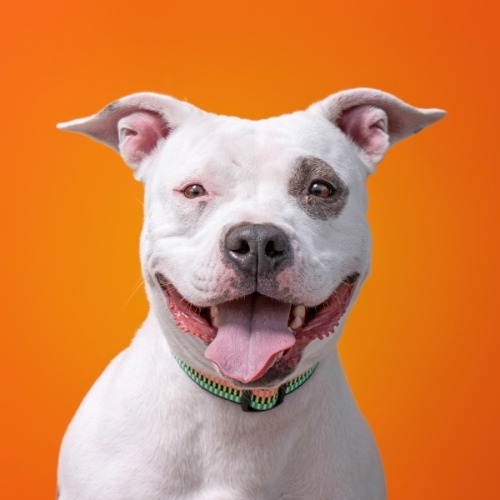What Is Laparoscopic Cholecystectomy?
Keyhole removal of a gallbladder (laparoscopic cholecystectomy) is a routine procedure in humans. In animals, it hasn’t been widely established, which is down to the slightly increased operating time and necessary surgical expertise.
However, it has so many benefits such as quick recovery, short hospital stay and very low risk of pancreatitis that they outweigh by far the shortcomings.
What Are The Benefits Of A Keyhole Cholecystectomy?
Although removal of a gallbladder (cholecystectomy) is most often performed via an open surgical approach, it is now possible to remove gallbladders using laparoscopy using very similar techniques to those used in humans.
SMALLER INCISION
Keyhole surgery wounds are much smaller and less invasive than traditional surgery.
LESS PAIN
Patients undergoing laparoscopic procedures have reduced pain post-surgery.
LOWER RISK
Keyhole surgery carries lower risks as the handling of soft tissue is more delicate.
QUICKER RECOVERY
Laparoscopy (keyhole) is less invasive and allows your pet to recover quicker.
What Is Keyhole Cholecystectomy For?
This surgery is done in pets mostly for mucocele (enlarged gall bladder with an abundant amount of mucous), which can rupture causing peritonitis.
Peritonitis is generalised inflammation of the inside of the abdomen, causing the animal to become seriously unwell, in some cases resulting in death
Other indications are suspicious lesions (cancers) and although dogs don’t usually have gallstones this would be another reason for this procedure.
How Is The Surgery Performed?
The procedure is done with the help of a complex camera system and instruments, usually using 3-4 ports/entries. These are then visible as little wounds on the abdominal wall. The gallbladder is removed through the little ports directly or in a specialised bag.
The recovery is very quick because the main pain from surgeries comes from the large wound on the abdomen.
Less than 20% of cases might however need a conversion to open surgery when the gallbladder disease appears more advance at the surgery than on the initial ultrasound assessment.
Need advice?
Our lovely team are always here to talk you through your options.
CASE STUDY
Vinnie
Vinnie had protracted vomiting and when we investigated possible causes our vet Rosa found a mucocele on the ultrasound examination.
This mucous-filled gall bladder has a typical ‘kiwi’ appearance in the images and because the gall bladder produces bile and is involved in the digestive processes, symptoms are typically related to the gastrointestinal tract.
Removing the mucocele before it can cause any trouble is recommended, so Vinnie was scheduled for keyhole removal.
Advanced cases of mucocele with obstructed biliary system and/or elevated bilirubin often need to be done via open access. The procedure went smoothly and although it took a few days for Vinnie to find his appetite her recovery was fairly straightforward.
FAQ’s
Not Registered? Join us, it will only take a minute
Don’t worry, we are still registering new clients and would love to have you and your amazing pets on board.
REGISTER


